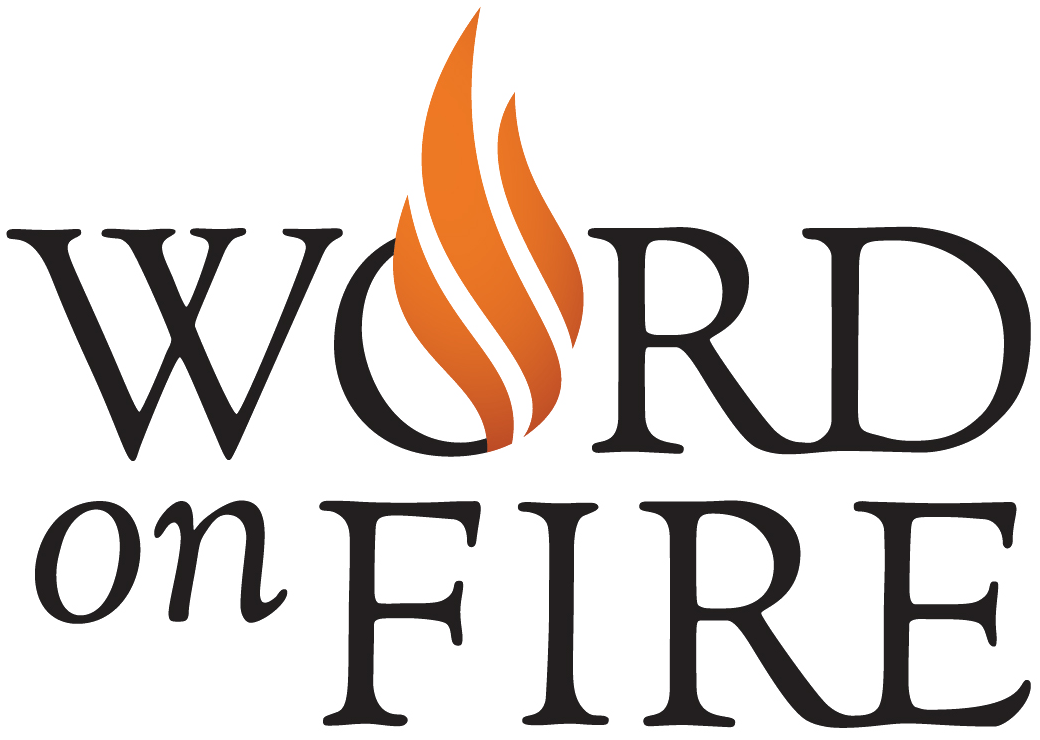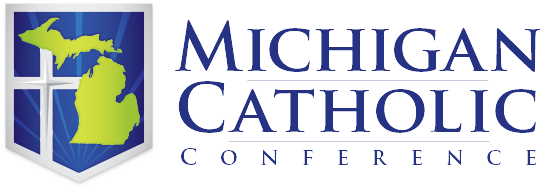AS OF JULY 1, 2021
Preface
The objective of these Protocols for Ministry to Minors and to Vulnerable Adults (“Protocols”) is to establish that one adult is not to be alone with or communicating solely with a minor or a vulnerable adult unless it is necessary to do so for an appropriate purpose (e.g., pastoral counseling) and to indicate that the arrangements utilized during such a necessary get-together shall offer visibility.
These Protocols are applicable to all persons (e.g., clergy, religious, school/program administrators, school counselors, teachers, catechists, youth ministers, support staff, coaches, school/program volunteers) who are employed by, contract with or volunteer in any of the parishes and institutions of the Diocese. A person whose service to the Diocese or its parishes/schools includes contact with minors or vulnerable adults shall implement and adhere to these Protocols.[1]
These Protocols are written with reference to a “minor” or “minors”; nonetheless, the measures also apply to interactions with a vulnerable adult or vulnerable adults. However, if a vulnerable adult is not under the care of a parent or court-appointed guardian, then references to obtaining the consent of a parent or court-appointed guardian do not apply.
General Protocols
- Wherever minors are and whatever they do must be with the knowledge and express consent of a parent or court-appointed guardian, also with adherence to any applicable civil laws.
- Adults must avoid the risk of becoming a father/mother/parental figure to a minor.
- If there is reasonable cause to suspect child abuse or neglect of a minor, regardless of whether they consider themselves mandated reporters, all individuals must immediately contact the Michigan Department of Health and Human Services at (855) 444-3911 or online here.
- Reflection on the words of Christ regarding children is a healthy meditation before any involvement with a minor/minors. (Mt. 18:6; Mk 9:42; Lk 17:2; Mk 10:13-16).
Behavior Protocols
- Adults must not make comments of a sexual nature to a minor. The only limited exceptions are in the context of sanctioned teaching presentations in the classroom involving legitimate discussion and legitimate questions from the minor. Adults must refer all other questions regarding sexual topics to the minor’s parents or court-appointed guardian.
- Unless another adult is present, one adult must not engage in games or other sports activities with one minor.
- If more than one minor wish to engage in games or sports activities, at least one adult must be present or nearby.
- Adults are prohibited from supplying or serving alcohol or controlled substance to minors. If alcohol is served or consumed as part of a parish or school social activity, it must only be served to and consumed by adults. To the extent that minors are present, adults must supervise them and ensure that minors do not have access to or consume alcohol.
- While on church property or engaged in any social or ministry activities, adults are prohibited from possessing, creating, acquiring or distributing any pornographic, sexually-based or other indecent media or other material including, but not limited to, creating, acquiring possessing or distributing child pornography. While on church property or engaged in any social or ministry activities, adults are prohibited from engaging in any pornographic, sexually-based or other indecent activities or conduct.
Virtual Interaction Protocols
- One-on-one communication between an adult and a minor via “electronic means” is prohibited. “Electronic means” includes telephone, email, text message, direct messages, Snapchat and/or virtual meeting software platforms including, but not limited to, Zoom and WebEx. Accordingly, a parent or court-appointed guardian must be included in any communication via electronic means to one minor and invited to participate in any virtual meeting or telephone call that involves one minor. This requirement does not extend to situations in which electronic communication is to an entire class or group in which the minor participates.
- Prior to any interaction with a minor via electronic means as described above, those responsible must obtain the written consent of the minor’s parent or court-appointed guardian. The written consent must include the disclosure that the ministry host will record interactions held via virtual meeting platforms.
- The host of any communications/meetings utilizing a virtual platform must not only record the meeting/session but must retain the recording for at least one year.
Physical Location Protocols
- Unless it is necessary to do so for an appropriate purpose and during such a necessary get-together the arrangements utilized provide visibility, an adult must never be alone with a minor in the rectory, parish residence, school or parish facility.
- Excluding the Sacrament of Reconciliation, meetings or pastoral counseling situations that involve a minor must involve the presence or the proximity of another adult. There are limited exceptions to this protocol, such as where the presence of another adult is not the norm or practical, such as musical lessons or disciplinary meetings. Nevertheless, even in such situations, such activities must not be conducted behind closed doors or the activities must be visible from public spaces, for example through a window that provides visibility into the room from a public hallway.
- Minors are not allowed in the living quarters of a rectory or parish residence. Minors are only allowed in the “professional” section of such spaces.
- As long as at least two adults are present, minors are permitted to work in the rectory, parish residence, school or parish facility.
- During all times that a minor is present, the sacristy door of the church must remain open.
- Absent extreme inconvenience or impossibility the Sacrament of Reconciliation must be celebrated for a minor only in a designated location in the church.
- Absent exigent circumstances, such as a medical emergency or to intervene in a physical altercation, an adult must avoid being the only adult in a bathroom, locker room or other dressing area whenever minors are using such facilities.
Travel Protocols
- Trips with minors must have at least one adult chaperone for every ten (10) minors and/or students.
- While on trips, the adult chaperones must maintain a professional demeanor and behavior and appropriately socialize with the minors and/or students in a manner consistent with the Behavior Protocols outlined above.
- Overnight trips involving one adult who is not the parent or court-appointed guardian and a minor and/or student are prohibited.
- While on trips, adults must never stay alone overnight in the same motel/hotel room with a minor and/or student for whom the adult is not the parent or court-appointed guardian.
Pastoral Counseling Protocols (Excluding the Sacrament of Reconciliation)
- Pastoral counseling must only be undertaken by individuals who have appropriate training and when such counseling is within the scope of their responsibilities.
- The scope of pastoral counseling is limited and must not include clinical or therapeutic counseling which requires specific licensing, training and/or certification. School counseling, undertaken by a qualified professional who is obligated to comply with a professional code of ethics and specific regulations, is the exception to this restriction.
- Prior to the commencement of any pastoral counseling involving a minor, the permission of a minor’s parent or court-appointed guardian must be obtained. To the extent the pastoral counselor believes that circumstances warrant providing counseling without the presence or knowledge of a minor’s parent or court-appointed guardian, the pastoral counselor must obtain the permission of the pastor or the school principal.
- Pastoral counseling of a minor must only be provided in the professional portion of a rectory or school/parish facility.
- If it does not contain a window, the door to the office or classroom used for pastoral counseling must be left open when such counseling is provided.
- If possible, another adult should be in close proximity during any pastoral counseling session.
- Whether providing pastoral counseling, clinical or therapeutic counseling or school counseling, at all times, the adult must maintain and observe careful and appropriate boundaries concerning physical contact with a minor. A pastoral counselor, school counselor or counselor providing therapeutic or clinical counseling must recognize the existence of any personal/physical attraction to or from a minor. If this occurs, the adult counselor must refer the minor to another qualified adult counselor or licensed professional.
- If pastoral counseling extends beyond two sessions, the necessity for extended counseling must be discussed with the minor’s parents, court-appointed guardian or a licensed professional.
APPROVED BY:
________________________________________
The Most Reverend Walter A. Hurley, Date: July 1, 2021
Apostolic Administrator of the Diocese of Gaylord
[1] See the “Standards of Conduct” section within the Policy to Maintain a Safe Environment for Minors and for Vulnerable Adults.






